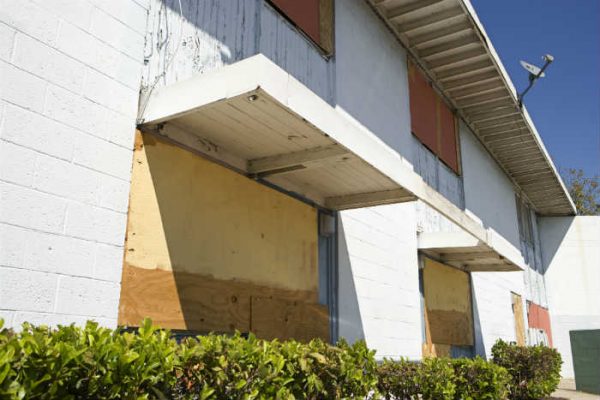Have you had your heart set on owning a vacation home, but think the process of buying one may be a little daunting? Fret not, analyzing your choices is actually easier than you may think. Check out our tips below to help you weigh your options when searching for that perfect getaway.
Is this choice right for you?
Often times people will assume that you must own a primary residence before even entertaining the thought of owning a vacation home, but this isn’t necessarily true. What’s most important is making sure your housing choices match your lifestyle.
For example, you may be living in a city, but enjoy being away from the hustle and bustle from time to time. There is the option of renting a small condo in the city, and buying a vacation home in a remote area.
Determine the use of your vacation home.
From a financial standpoint, you should figure out if you plan to own and how you’ll use your property. There are three options:
Primary residence. If you choose this option, you’ll be able to buy the property for as low as 3% down, mortgage rates are the lowest they can be, and you get significant homeowner tax benefits.
Second home. Your second home can be used any time you want, but lenders will not let you rent it out. With this option, you can buy for as little as 20% down, and qualify for the loan using your full primary residence cost plus your full second home cost.
Investment property. With this option, you can rent the home, in addition to use it while it’s not being rented. Rates are .25% to .375% higher than second home rates, and the down payment usually starts at 30%. You can qualify for a loan using your full primary residence cost plus your full investment home cost, but you can use rental income to help qualify. Tax treatment is less beneficial, but the extra income can help with affordability.
Figure out the cost of your vacation home
You can determine what you can afford by subtracting your monthly debts and the estimated down payment of the home from your annual income. There are also online calculators to help you determine a spending limit. You’ll then find a lender to analyze the cash available for down payment, closing costs, and reserves. Be sure to calculate the total monthly cost on your current home, in addition to the monthly cost of the vacation home.
You also need to plan for personal budget items that lenders don’t use in their qualifying calculations such as utilities, amenities, and travel cost.
Review all the costs
You’ll want to make sure you account for every cost, annually, monthly, and transactionally. Some costs you’ll need to remember are your mortgage payment, home insurance, the property tax, the down payment, lender fees, and title/escrow/inspection fees.
Use a local realtor to make an offer
Many vacation properties are in specialized local markets, so your best bet is finding a local real estate agent or lender. Your local agent will clarify local transaction fees, taxes and commissions, as well as advise on local property rules.
Likewise, local lenders will be comfortable with appraisals and lending in rural areas. Appraisals are more difficult in less populated areas because comparable sales can be old and hard to find.
If you follow this guide, you’ll be closing out your deal and relaxing in your vacation home in no time. If you’re interested in owning a vacation home in the beautiful Central Texas Hill Country, be sure to give Damron Group a call at (512) 392-7653. Our friendly realtors and knowledge of the Central Texas real estate market will help net you the vacation home you dream of!



